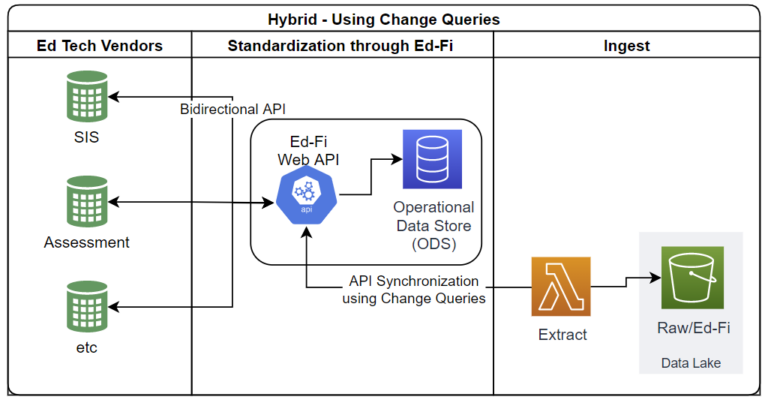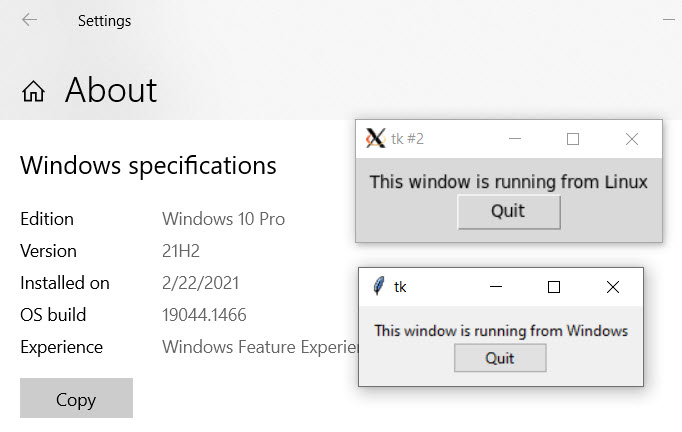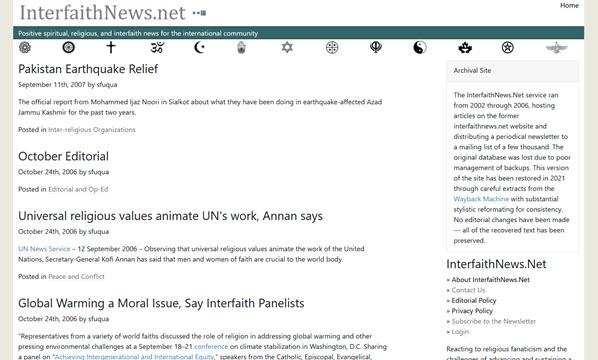Are algorithms doomed to be racist and harmful, or is there a legitimate role
for them in a just and equitable society?
Algorithms have been causing disproportionate harm to low- and middle-income
individuals, especially people of color, since long before this current age of
machine learning and artificial intelligence. Two cases in point: neighborhood
redlining and credit scores. While residential redlining was a deliberately
racist anti-black practice [1], FICO-based credit scoring does not appear to
have been created from a racist motive. By amplifying and codifying existing
inequities, however, the credit score can easily become another tool for racial
oppression [2].
Still, with appropriate measures in place, and a bit of pragmatic optimism,
perhaps we can find ways to achieve the scalability/impartiality goals of
algorithms while upholding true equity and justice.

Justice: changing conditions, removing the barriers. Could not find the original
source to credit, so I drew my own version of this thought-provoking graphic. I
leave the sport being played behind the fence up to your imagination.






